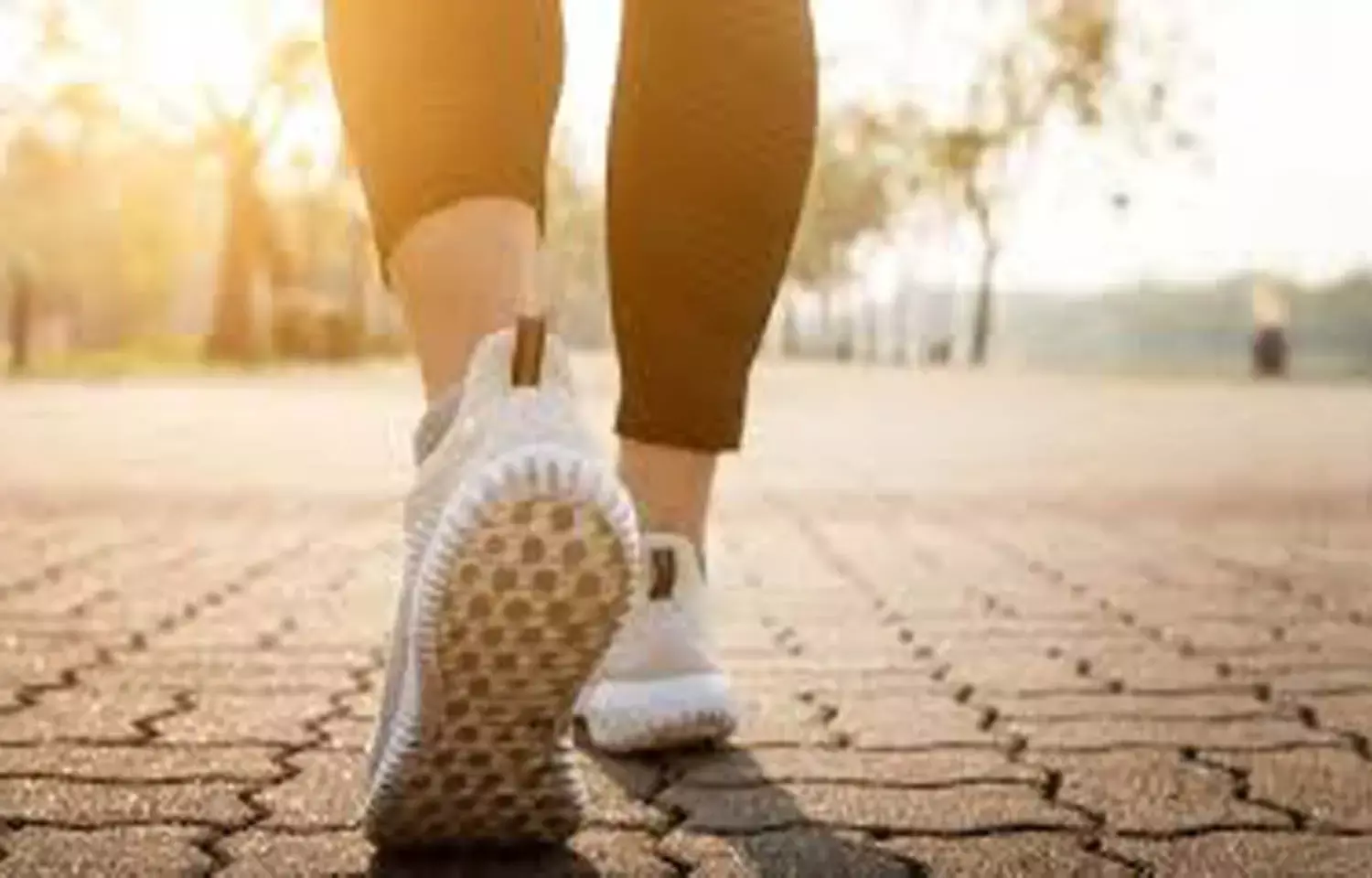- Home
- Medical news & Guidelines
- Anesthesiology
- Cardiology and CTVS
- Critical Care
- Dentistry
- Dermatology
- Diabetes and Endocrinology
- ENT
- Gastroenterology
- Medicine
- Nephrology
- Neurology
- Obstretics-Gynaecology
- Oncology
- Ophthalmology
- Orthopaedics
- Pediatrics-Neonatology
- Psychiatry
- Pulmonology
- Radiology
- Surgery
- Urology
- Laboratory Medicine
- Diet
- Nursing
- Paramedical
- Physiotherapy
- Health news
- Fact Check
- Bone Health Fact Check
- Brain Health Fact Check
- Cancer Related Fact Check
- Child Care Fact Check
- Dental and oral health fact check
- Diabetes and metabolic health fact check
- Diet and Nutrition Fact Check
- Eye and ENT Care Fact Check
- Fitness fact check
- Gut health fact check
- Heart health fact check
- Kidney health fact check
- Medical education fact check
- Men's health fact check
- Respiratory fact check
- Skin and hair care fact check
- Vaccine and Immunization fact check
- Women's health fact check
- AYUSH
- State News
- Andaman and Nicobar Islands
- Andhra Pradesh
- Arunachal Pradesh
- Assam
- Bihar
- Chandigarh
- Chattisgarh
- Dadra and Nagar Haveli
- Daman and Diu
- Delhi
- Goa
- Gujarat
- Haryana
- Himachal Pradesh
- Jammu & Kashmir
- Jharkhand
- Karnataka
- Kerala
- Ladakh
- Lakshadweep
- Madhya Pradesh
- Maharashtra
- Manipur
- Meghalaya
- Mizoram
- Nagaland
- Odisha
- Puducherry
- Punjab
- Rajasthan
- Sikkim
- Tamil Nadu
- Telangana
- Tripura
- Uttar Pradesh
- Uttrakhand
- West Bengal
- Medical Education
- Industry
Move your body for five minutes every hour to counteract lockdown inactivity

A study which looked at activity levels before and during the COVID-19 pandemic has found lockdown restrictions significantly reduced light activity associated with socialising and work.
The study, published recently in BMJ Neurology and led by King's College London, examined how activity levels changed in study participants with muscular dystrophy and other inheritable myopathies. The sample included people with a range of physical abilities, from highly independent to assisted mobility, including 41 wheelchair users, who are often underrepresented in research. However, the authors say the findings are likely to be relevant to adults of various abilities and backgrounds because many people have lost their usual daily routine during lockdown.
The study is unique because it used accelerometers to measure physical activity before and during lockdown as part of an ongoing longitudinal physical activity study from 2019 to 2020. The accelerometers measured activity intensity, frequency and time in vigorous, moderate, light and inactive categories.
Researchers found there was a significant reduction in daily activity intensity during lockdown. Before lockdown, participants did a mean of 84.5 minutes per day of light activity and had a relatively low frequency of hourly movement. During lockdown, light activity reduced by a mean of 25 minutes per day and frequency of hourly movement reduced by a median of 11%. Moderate and vigorous activity did not change significantly during lockdown, but this might be explained by low baseline levels in this group.
In lockdown, the reduction in light activity time and frequency of movement was explained by restrictions on going to work, leisure pursuits and socialising. This light activity within daily routine is not exercise-focused so it can be difficult for individuals to detect these subtle light activity losses. However, light activity and regular movement throughout the day are associated with improved health outcomes for everyone, regardless of health conditions.
Sarah Roberts-Lewis, the study lead and a Neurological Physiotherapist at King's College London, said; "Even people who don't do much exercise have been impacted by lockdown inactivity. During COVID-19 lockdown, our study detected an extra hour per day of inactivity in disabled and independent adults with neuromuscular diseases. Moving less is detrimental to health. Reduced activity can be especially harmful for those with neuromuscular conditions, disabilities or advanced age."
"The reduction in light activity measured in this study is likely to be similar for anybody whose daily routine has been restricted by lockdown. Based on our findings, we suggest people move their bodies for 5 minutes each hour during the day. Additionally, spend 30 minutes each day doing some extra light activity, like yoga or chair exercises. The World Health Organisation activity guidelines state 'every move counts'; they provide suggestions about light activites suitable for all abilities. Simple changes can help with reconditioning during and after lockdown.
Hina Zahid Joined Medical Dialogue in 2017 with a passion to work as a Reporter. She coordinates with various national and international journals and association and covers all the stories related to Medical guidelines, Medical Journals, rare medical surgeries as well as all the updates in the medical field. Email: editorial@medicaldialogues.in. Contact no. 011-43720751
Dr Kamal Kant Kohli-MBBS, DTCD- a chest specialist with more than 30 years of practice and a flair for writing clinical articles, Dr Kamal Kant Kohli joined Medical Dialogues as a Chief Editor of Medical News. Besides writing articles, as an editor, he proofreads and verifies all the medical content published on Medical Dialogues including those coming from journals, studies,medical conferences,guidelines etc. Email: drkohli@medicaldialogues.in. Contact no. 011-43720751


